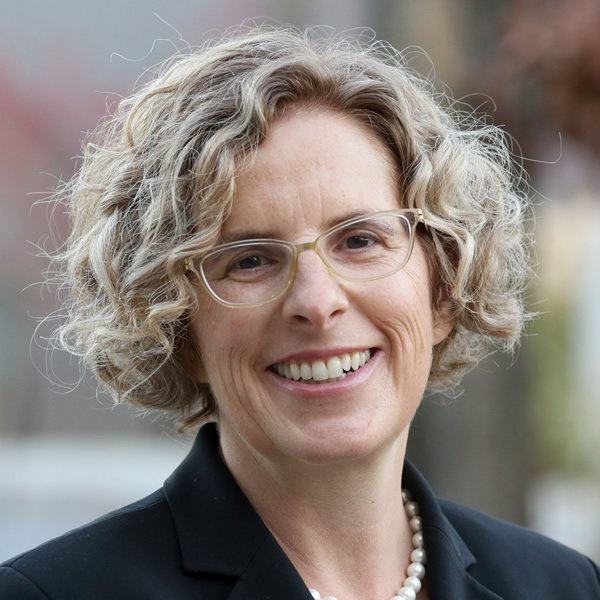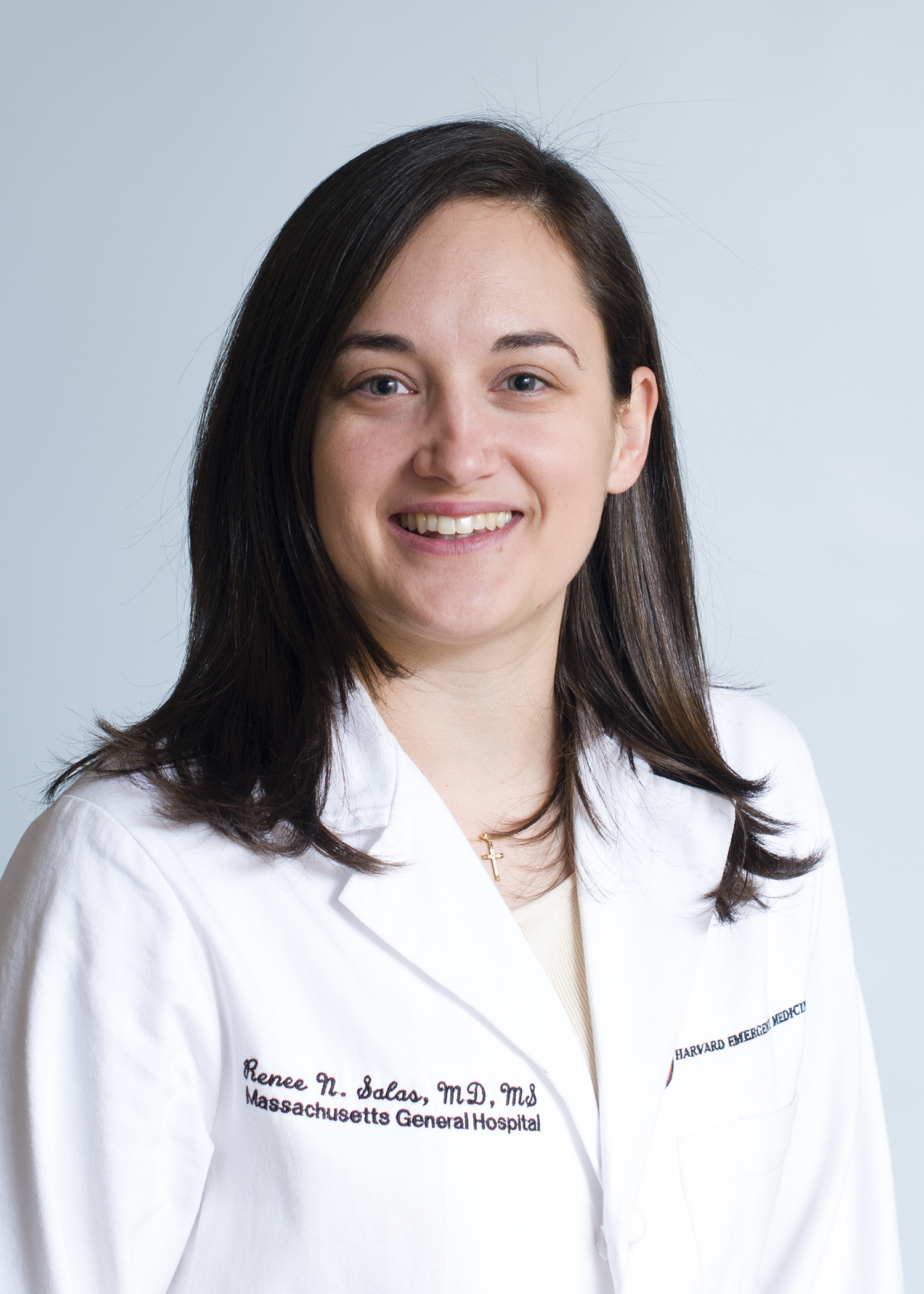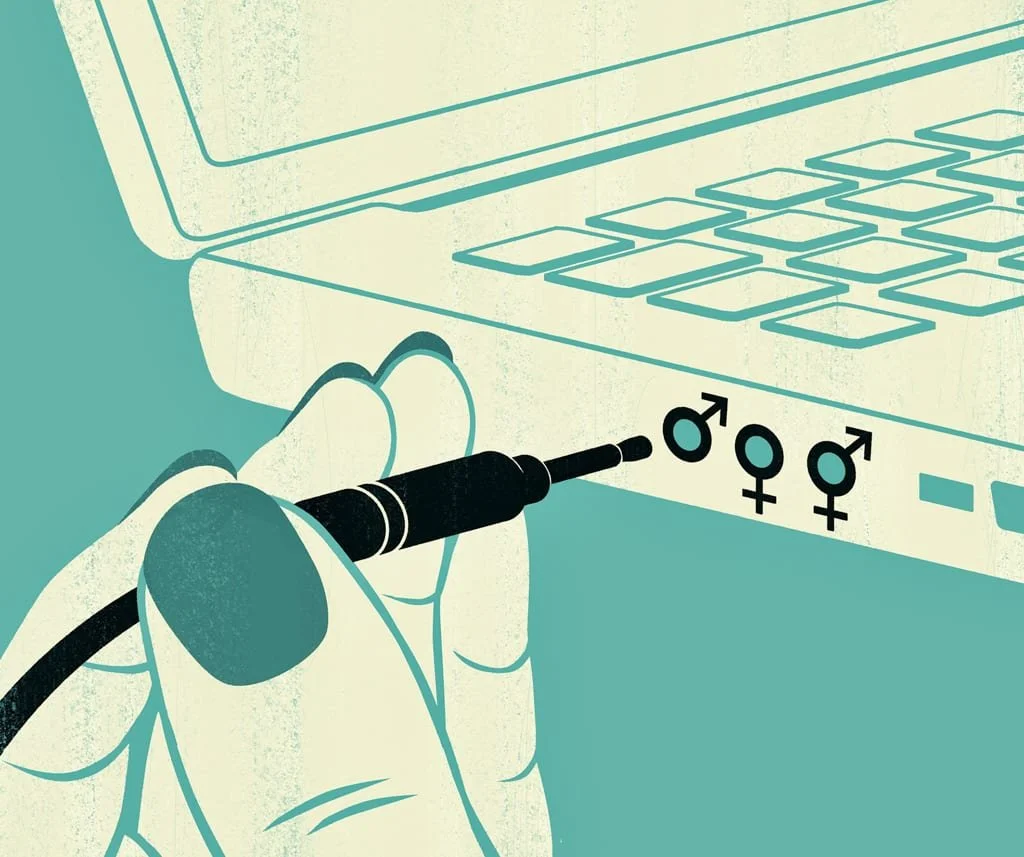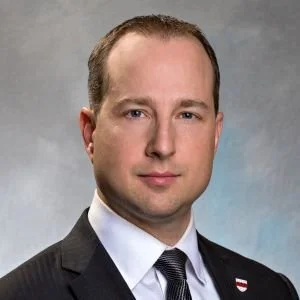Prescribing painkillers proves to be a double-edged sword: although many patients might see an improvement in their lives, it can also lead to cases of addiction and overdose.
Read MoreHHPR Associate Editor Christopher Li interviewed Dr. Ingrid Katz, MD, MHS, Associate Physician at Brigham and Women’s Hospital, Associate Faculty Director at the Harvard Global Health Institute (HGHI), Associate Professor of Medicine at Harvard Medical School, and an affiliated scientist at the Center for Global Health at Massachusetts General Hospital about vaccine nationalism in our present moment as well as building equity into global health.
Read MoreHHPR Associate Editor Sophia Scott interviewed Renee N. Salas MD, MPH, MS. Dr. Salas is a Yerby Fellow at the Center for Climate, Health, and the Global Environment at Harvard T.H. Chan School of Public Health and Affiliated Faculty and former Burke Fellow at the Harvard Global Health Institute.
Read MoreThe Operation Outbreak app was motivated by the ever-present pandemic threat (at the time, made apparent by the West African Ebola outbreak) and the challenge of educating students about it in more engaging ways.
Read MoreSupply-side interventions developed to address the opioid epidemic ignore the social structures that created and perpetuated it, while also creating shifts in the opioid market correlated with movement away from natural opiates and towards increased usage of more potent heroin and synthetic opioids. As a result, this shift has led to rises in overall OUD-associated mortality rate.
Read MoreHHPR Associate Editor Minsoo Kwon interviewed Dr. Lois Lee about the impact of the Affordable Care Act on Women’s Health, broad impact health careers, and her Harvard Medical School course, “Social Change and the Practice of Medicine.”
Read MoreHHPR Associate Editor Abdi Osman interviewed Dr. Martin Kulldorff, Ph.D, who previously was a Professor of Medicine in the Division of Pharmacoepidemiology and Pharmacoeconomics at Harvard Medical School. Currently, Dr. Kulldorff is the scientific director at the Brownstone Institute and a fellow at Hillsdale College’s Academy for Science and Freedom. They discussed the COVID-19 pandemic, vaccine safety, and rebuilding trust between the public and public health agencies.
Read MoreWhile physical distancing helps to prevent spread of the coronavirus, these measures have also resulted in increasing reports of intimate partner violence throughout the COVID-19 pandemic. Intimate partner violence is a multi-faceted issue, though failure to implement comprehensive sexuality education (CSE) in the United States undoubtedly puts all people at increased risk for violence. Within the U.S., CSE is not standardized across states, counties, or even school systems, and a large proportion of sexuality education programs are not evidence-based or medically accurate. If we are to adequately address intimate partner violence, the United States must urgently invest in comprehensive sexuality education. CSE equips youth and adolescents with the necessary tools to develop a healthy self-identity, challenge societal norms, promote gender equality, prevent gender-based violence, and ultimately, lead healthier and more fulfilling lives.
Read MoreWe need to get back to studying human biology, not the biology of a mouse, cat, dog, or monkey. Replacing animal experimentation is a win-win for humans and animals. We need to stop trying to artificially create animal “models” of human diseases that are never the same diseases as what occurs naturally in humans. We need to embrace newer technologies that allow us to study human biology and human diseases. Think how much further ahead we would be if instead, we used those billions and the bright scientific minds to focus on human biology?
Read MoreHHPR Senior Editor James Jolin interviewed Jonathan Darrow, S.J.D., LL.M., J.D., M.B.A, an Assistant Professor of Medicine at Harvard Medical School and a Faculty Member of the Center for Bioethics. They discussed vaccine development, pharmaceutical regulation and patents.
Read More








